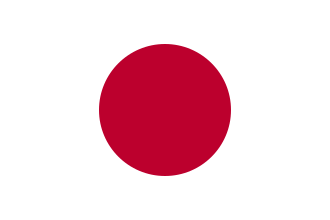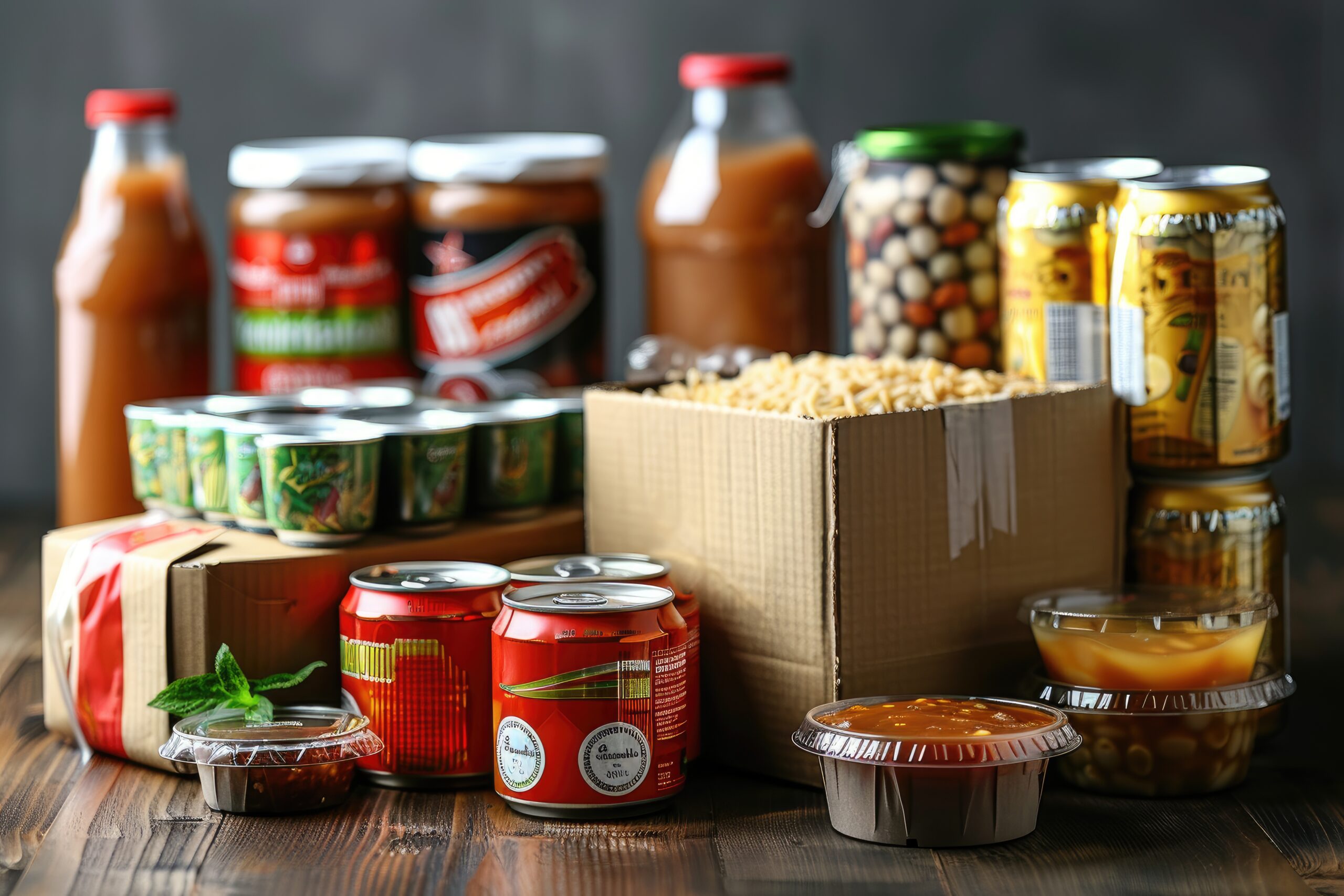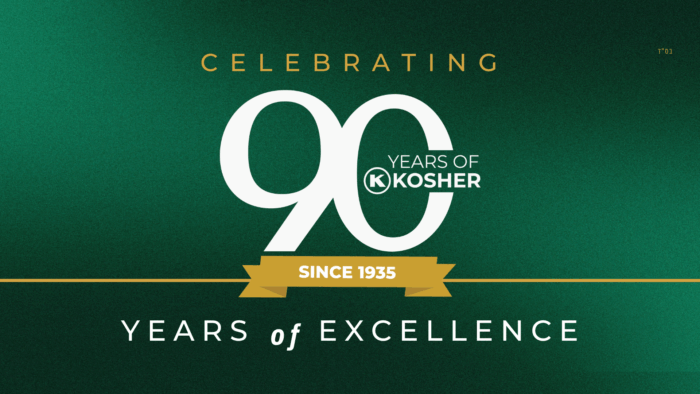When it comes to kosher certification, a business may assume that as long as a finished product meets kosher requirements, the process behind its production is secondary. However, one of the most critical aspects of kosher certification is ensuring that every stage of production—manufacturing, packaging, and labeling—is done in registered and inspected facilities. Without this oversight, kosher standards are jeopardized, and companies can risk losing consumer trust, facing compliance issues, and sometimes even suffering financial losses.
A cautionary tale: the cost of oversight
Consider an actual case where a company unwittingly violated this principle. A fully certified product was packaged into pouches at an unregistered third-party facility. Since this location was not listed with OK Kosher, kosher-conscious consumers reached out to OK Kosher’s hotline for verification when they noticed that the address on the label was different from what they were used to. Unfortunately, because the facility had not been registered with OK Kosher, we had to inform these consumers that the product was not recognized as kosher-certified.
The result of this mistake was market confusion, a damaged reputation, and unnecessary financial losses—all of which could have been easily prevented with proper transparency and compliance. The issue was later corrected, but it could have been avoided in the first place by ensuring that no outside manufacturing or labeling of kosher-certified product is done without prior registration and approval.
The importance of registering all facilities
For kosher purposes, packaging and labeling must be considered as production processes, so that we are sure to have traceability every step of the way. Even if a product is manufactured in an OK Kosher-certified facility, any additional steps—including packaging or labeling— that are done at an unapproved location can jeopardize its kosher status. This holds true even if another certification agency certifies the secondary facility. Without full visibility into every stage of production, OK Kosher cannot endorse the final product with complete confidence.
This requirement to register every facility involved in the production process is explicitly outlined in the Certification Agreement:
Key compliance clauses from the certification agreement
- Certified products must be produced & packed in pre-approved facilities
As per the Certification Agreement, products can only be manufactured and packaged at facilities listed in the certification agreement, or riders added to that agreement. If a company wishes to add another facility, it must be reviewed and approved by OK Kosher.
- Co-packers must sign an agreement with OK Kosher
A third-party-owned facility that manufactures or packages a product on behalf of a certified company must independently sign OK Kosher’s standard co-packer agreement before production begins. Even if the facility is independently certified with another kosher agency, it must still be listed with OK Kosher to ensure compliance.
- Companies are responsible for their co-packers
The agreement explicitly states that the primary company remains liable for ensuring that all third-party co-packers adhere to kosher certification requirements. If a co-packer agreement expires or is terminated, production at that facility must cease immediately.
- All ingredients and processes must align with OK Kosher standards
Every ingredient, formula, and production step must match what was initially approved by OK Kosher. Any nonconformity—whether in raw materials, processing, or packaging—can invalidate certification.
Private Labels & third-party packaging: no exceptions
Private-label products also fall under this requirement. If a company produces kosher-certified products for a private label, those products must be fully registered with OK Kosher. They must also be manufactured and packaged exclusively in pre-approved facilities to maintain certification integrity. Private-label companies need to sign an agreement as well.
The bottom line: transparency is essential
Companies certified by OK Kosher must prioritize full transparency in their production process. This means:
✅ Ensuring every facility—manufacturing, packaging, and labeling—is pre-approved
✅ Making sure all co-packers have a valid agreement with OK Kosher
✅ Verifying that private-label products follow the same strict registration requirements
Failing to follow these steps can lead to costly mistakes, product de-certification, and loss of consumer trust. By staying compliant and proactive, businesses can avoid these risks and maintain their standing as trusted kosher brands.
GET THE SUPPORT YOU NEED
Ensuring complete kosher compliance is straightforward with the right support. Your OK Kosher account representative is here to guide you through the steps to ensure full compliance with all kosher certification requirements. If you have any questions about your production facilities or need to update your registration, don’t hesitate to reach out. Your representative is available by phone or for a virtual video call to provide the support you need to ensure that your kosher-certified products remain compliant, trusted, and successful in the market.
In conclusion, the integrity of your kosher certification depends on transparency and compliance at every stage of your production. By adhering to the required standards and maintaining open communication with OK Kosher, your business will continue to thrive as a trusted kosher brand in the marketplace.


 EN
EN  ZH
ZH  KR
KR  BR
BR  ES
ES  IN
IN  IL
IL  JP
JP 




